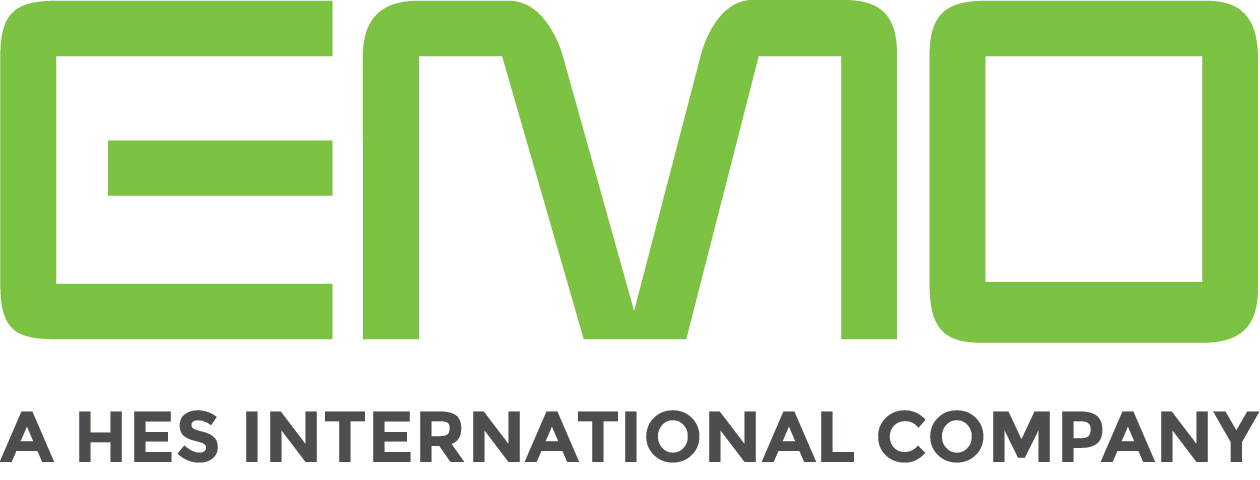We form an important link in the supply of essential raw materials for products used by all of us in our daily lives. Products that are needed to develop, maintain, and improve the world around us. This is why we come to work every day; this is what we do. We want to achieve long-term growth and create value for all our stakeholders, from employees and customers to shareholders and the environment. This ambition is driven by our focus on safety and our core values – integrity, respect, accountability, transparency and our ever-growing entrepreneurship.
EMO is ISPS, ISO 9001, ISO 14001 (incl. CO2 reduction management) and ISO 45001 certified. Our employees hold a safety certificate ports (VCH). We expect contractors to have a valid VCA (SCC) certificate.
HSSE POLICY
Succesfully managing Health, Safety, Security and the Environment (HSSE) is critical to the success of our operations. The prevention of accidents and incidents is an integral part of our core values and this is also pro-actively implemented in practice by our employees and contractors. We believe that accidents and injuries are avoidable. Our target goal is zero incidents, whilst also being mindful of the environment we live in. We are determined to excel in a strongly rooted culture of safety and operational excellence.
Rigorous standards and procedures for the management of HSSE are therefore in place within our company. We continuously ensure that our expectations are understood by every employee and contractor working at our sites. We will comply with and, where possible, exceed the standards set by local laws and regulations and strive to ensure that industry best-practices are incorporated into our operations. A special HSSE committee has been established for this purpose. Read our Health & Safety Vision and Principles here.
OPERATIONAL PROFESSIONALISM
We have set ourselves ambitious targets to keep improving our operations. We are committed to achieving excellence in a long-standing culture of safety and operational professionalism. It also means respecting nature by protecting our environment, reducing waste and reducing our carbon footprint. Together, we are creating a workplace where the environment, sustainability, social responsibility, and safety are always at the forefront.
Reducing our emissions
Dust. Nobody likes it, and neither do we – which is why we do everything we can to prevent dust nuisance. This means going a step further than simply complying with the requirements stipulated by our licence. In addition to the measures we take, we have an extensive dust measurement network that monitors our site and the surrounding area around the clock. Dust released during loading and unloading can be a nuisance, but it is not dangerous.
Noise. The Maasvlakte is one of the most intensively used industrial areas in the Netherlands. It is therefore a source of noise and can cause noise pollution. EMO also generates noise; we are aware of the nuisance this can cause. One of the main sources of noise is the rollers that support the conveyor system, which is why we replaced them with a different type. This measure resulted in a three-fold reduction in noise production.
The further reduction of dust and noise is always a key factor in all our projects, including new construction projects.
Water. EMO has a closed water system. Rain and spray water is collected and channelled into a tank where it is filtered; this water is then reused to spray roads as one of our dust control measures. This eliminates the unnecessary use of drinking water and reduces our carbon footprint.
Climate targets
We have adopted ambitious climate targets that are in line with the Paris Climate Agreement. These include the electrification of our production facilities and the purchase of green electricity. In addition, shore-side power also has the potential to make a significant contribution to reducing emissions from ships at our quays.
Our product portfolio is also set to change. Germany and the Netherlands have both signed the Paris Climate Agreement. Both countries have developed specific plans or even passed legislation to phase out the use of coal for power generation. In the Netherlands, coal will no longer be used in power stations from 2030 onwards. In Germany, the situation is more complex; the government has decided to close its nuclear power stations and phase out the use of lignite – which is extremely damaging to the environment – in accordance with a set timetable. Partly in parallel to this, coal-fired power stations will also be decommissioned. Germany’s phase-out plan for coal is scheduled to be completed by 2038 at the latest.
As an essential service provider, it is our duty to support our customers and do our bit to secure Europe’s energy supply, especially in difficult times like these. While respecting the current sanctions, we are doing all we can to continue to secure the supply of raw materials to our customers across Europe.
